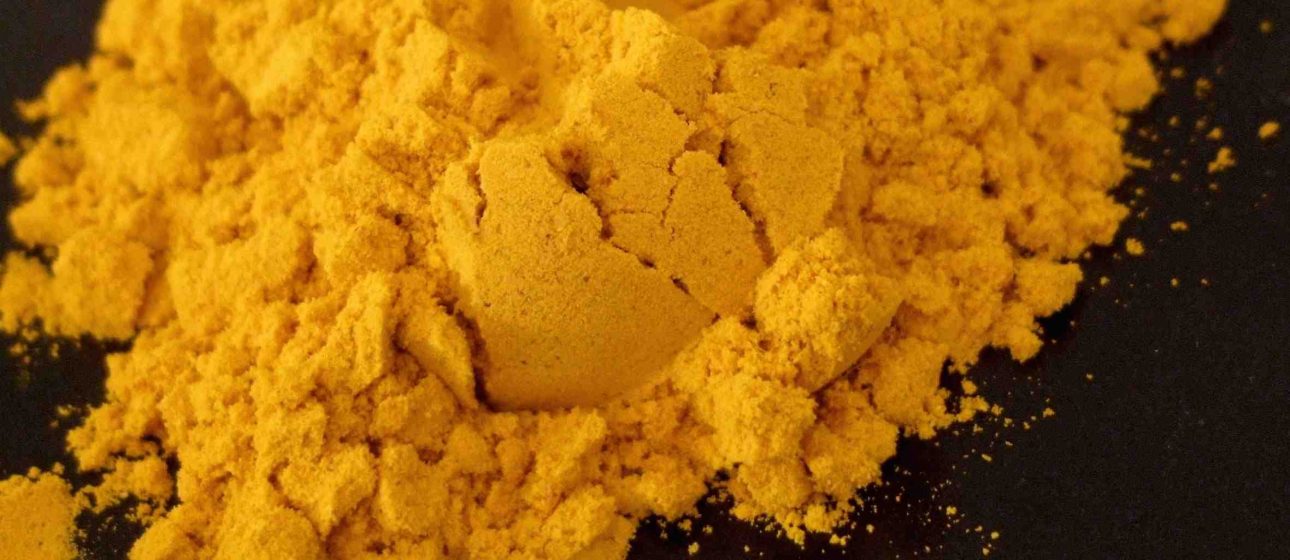Can polyps come out in your stool?
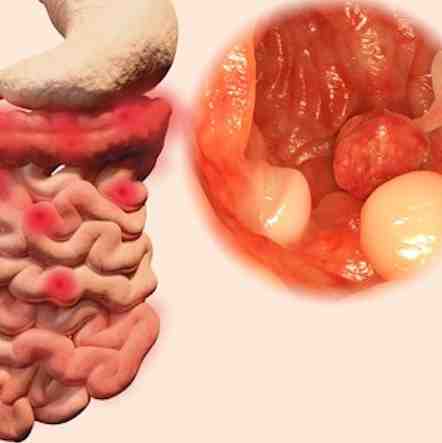
Spontaneous rectal expulsion of a polyp is rare and the literature on the subject is limited. There have been several reported cases of rectal expulsion of lipomas [22-29]. With an incidence of 0. On the same subject : Does oatmeal clean your colon?.035-4.4%, lipomas are the second most common benign tumors of the colon [22].
Do polyps hurt when you poop? Large polyps can block the intestine and cause abdominal pain or cramping.
What are the symptoms of bowel polyps?
Intestinal polyps usually don’t cause any symptoms, so most people with polyps won’t know they have them. To see also : What foods heal the colon?…Intestinal polyps symptoms
- a small amount of slime (mucus) or blood in the poop (rectal bleeding)
- diarrhea or constipation.
- pain in the belly (abdominal pain)
Where is colon polyp pain felt?
Pain. Large polyps can block the intestine and cause abdominal pain or cramping. bleeding. Small tears in the anus or hemorrhoids can cause blood after a bowel movement.
What causes a polyp in the bowel?
Intestinal polyps are caused by abnormal cell production. The lining of the intestine is constantly being renewed, and a faulty gene can cause the cells of the lining of the intestine to grow more rapidly. There may be a family tendency to develop intestinal polyps or bowel cancer.
What does it mean if you poop a polyp?
How are they caused? Intestinal polyps are caused by abnormal cell production. The lining of the intestine is constantly being renewed, and a faulty gene can cause the cells of the lining of the intestine to grow more rapidly. Read also : How can I clean out my bowels fast?. There may be a family tendency to develop intestinal polyps or bowel cancer.
How serious is a bowel polyp?
Polyps do not usually turn into cancer. But if some types of polyps (called adenomas) aren’t removed, there’s a chance they could eventually turn cancerous. Doctors believe that most bowel cancers develop from adenoma polyps. But very few polyps will turn into cancer, and it takes many years for this to happen.
What does colon polyp poop look like?
Blood can appear as red streaks in the stool or make the stool look black. Certain foods, medications, or dietary supplements can also cause a color change. Change in bowel habits. Constipation or diarrhea that lasts for more than a week may indicate the presence of a larger colon polyp or cancer.
What do polyps look like in stool?
Most polyps are bulges from the lining of the intestine: Polypoid polyps look like a fungus, but they move around inside the intestine because they are attached to the lining of the colon by a thin stalk. Sessile polyps are stalkless and attached to the lining by a broad base.
What does polyp poop look like?
Blood can appear as red streaks in the stool or make the stool look black. Certain foods, medications, or dietary supplements can also cause a color change. Change in bowel habits. Constipation or diarrhea that lasts for more than a week may indicate the presence of a larger colon polyp or cancer.
What does a polyp look like?
Polyps are tissue growths that usually look like small, flat bumps or tiny mushroom-shaped stalks. Most polyps are small, less than half an inch across. Uterine and colon polyps are the most common, but it is also possible to develop polyps in places including: the ear canal.
How do you prevent colon polyps naturally?
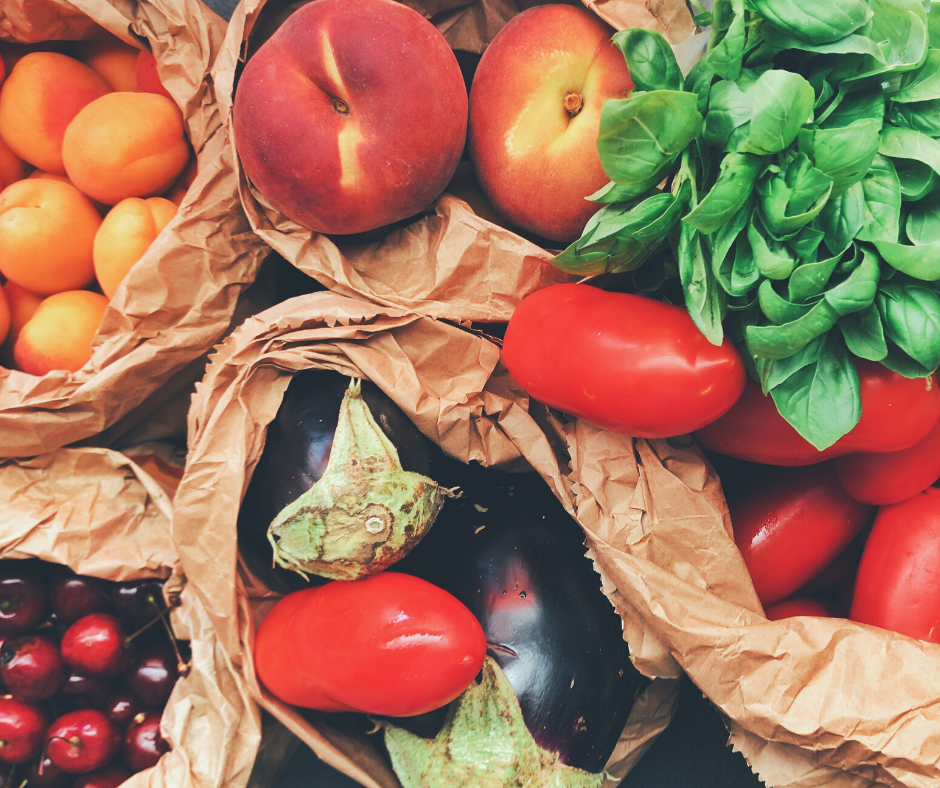
How can I prevent colon polyps?
- Eat a diet rich in fruits, vegetables, and high-fiber foods such as beans, lentils, peas, and high-fiber cereals.
- Lose weight if you are overweight.
- Limit red meat, processed meats, and high-fat foods.
How are colon polyps reduced? Exercise: includes at least 150 minutes of moderate aerobic activity and 2 muscle strengthening sessions per week. Eat at least 3-5 servings of fruits and vegetables a day. Avoid fatty and processed foods and excessive red meat. Low-dose aspirin every day has been shown to decrease colorectal polyps and cancer.
What foods cause polyps in the colon?
fatty foods, such as fried foods. red meat, such as beef and pork. processed meat, such as bacon, sausage, hot dogs, and cold cuts.
Do eggs cause polyps?
The most common dietary sources of choline for women were red meat, eggs, poultry, and milk. Compared to women with the lowest choline intake, those with the highest choline intake were 45% more likely to have a colon polyp. The findings were not linked to any particular food, the study shows.
Do certain foods cause colon polyps?
Compared to people whose diets contained the lowest amounts of pro-inflammatory foods, people whose diets contained the highest amounts of pro-inflammatory foods, such as processed meats and red meat, were 56% more likely to have one of these polyps, also called “adenomas,” according to the new study.
How do you get rid of polyps naturally?
There are no proven home remedies to completely get rid of nasal polyps naturally, but natural remedies can be used to improve symptoms and reduce discomfort caused by nasal polyps, such as: Using a humidifier or inhaling steam. Bromelain supplementation. Use a neti pot to irrigate your sinuses.
Can polyps be cured naturally?
However, symptoms and polyps may recur. If you’re looking for natural alternatives to medication, this article explores which treatments may work best and are most effective. Most treatments have been shown to improve the symptoms and discomfort associated with nasal polyps. None have been shown to remove nasal polyps completely.
Can colon polyps be treated naturally?
Eat a diet rich in fruits, vegetables, and high-fiber foods such as beans, lentils, peas, and high-fiber cereals. Lose weight if you are overweight. Limit red meat, processed meats, and high-fat foods. Talk to your doctor about whether calcium and vitamin D supplements are right for you.
Can stress cause colon polyps?
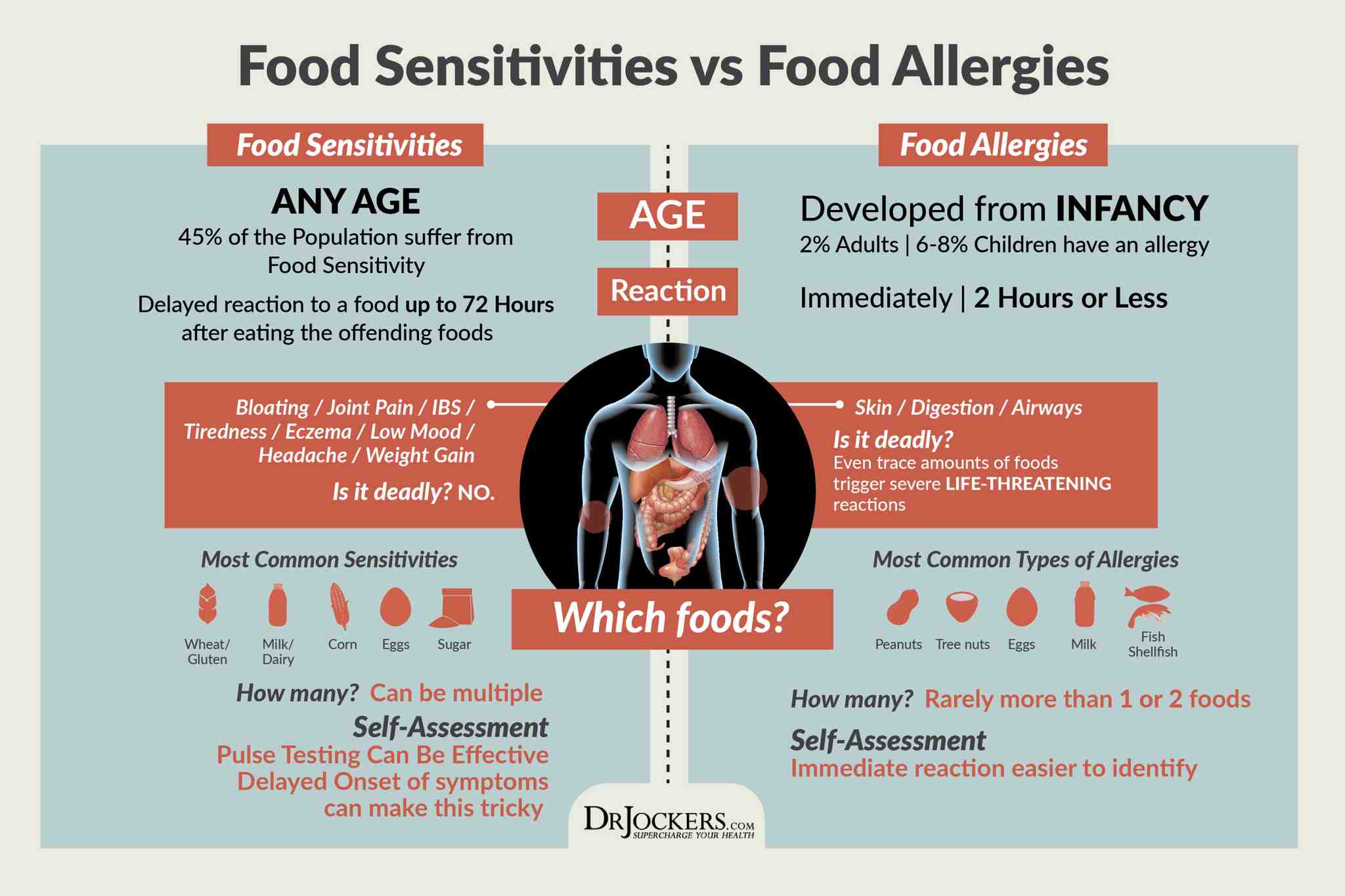
These stress-related factors may influence the development of colon polyps [20,22]. People who reported higher levels of stress also reported increased smoking, poor diet, and low levels of physical activity [29,30]. Each of these factors has been associated with the development of colon polyps.
Can you get colon cancer from stress? No, being stressed does not directly increase cancer risk. The best quality studies have followed many people for several years. They have found no evidence that those who are more stressed are more likely to get cancer.
What may be a cause of colon polyps?
Factors that can contribute to the formation of polyps or colon cancer include: Age. Most people with colon polyps are 50 years of age or older. Having inflammatory bowel conditions, such as ulcerative colitis or Crohn’s disease of the colon.
What foods cause colon polyps to grow?
fatty foods, such as fried foods. red meat, such as beef and pork. processed meat, such as bacon, sausage, hot dogs, and cold cuts.
What is the main cause of polyps?
A polyp is the result of genetic changes in the cells of the lining of the colon that affect the normal cell life cycle. Many factors can increase the risk or rate of these changes. The factors are related to your diet, lifestyle, older age, gender, and genetics or hereditary problems.
What foods cause colon polyps to grow?
fatty foods, such as fried foods. red meat, such as beef and pork. processed meat, such as bacon, sausage, hot dogs, and cold cuts.
What increases colon polyps?
Alcohol intake combined with smoking also appears to increase risk. Obesity, lack of exercise and fat consumption. Studies show that all of these factors can increase the risk of developing polyps. On the other hand, including more fiber in your diet and exercising regularly can lower your risk.
Do certain foods cause colon polyps?
Compared to people whose diets contained the lowest amounts of pro-inflammatory foods, people whose diets contained the highest amounts of pro-inflammatory foods, such as processed meats and red meat, were 56% more likely to have one of these polyps, also called “adenomas,” according to the new study.
How long does it take to recover from a polyp removal?
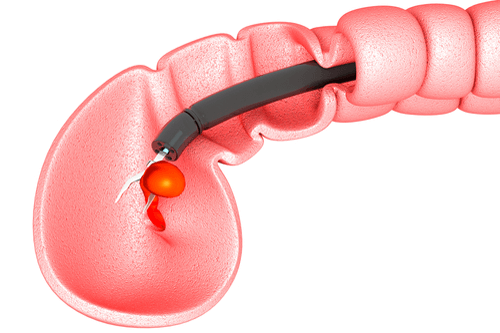
Most women feel better within the first week after surgery; however, do not lift, push or pull any heavy objects for a couple of weeks. Do not resume sexual intercourse or douching until your doctor says it is okay. Full recovery takes about two weeks to allow for internal healing.
What to expect after polyp removal? After the test, you may be bloated or have gas pains. You may need to pass gas. If a biopsy was done or a polyp was removed, you may have streaks of blood in your stool (stool) for a few days. Problems such as heavy rectal bleeding may not occur for several weeks after the test.
Can I go back to work after polyp removal?
Most women feel like they can return to normal activities, including work, the day after having a hysteroscopy. Some women return to work later the same day. However, you may want to rest for a few days, especially if you had a treatment such as fibroid removal and/or general anesthesia was used.
How long does it take to recover from a polyp removal?
You should not drive for 24 hours after a polypectomy. Recovery is generally quick. Minor side effects, such as gas, bloating, and cramps, usually resolve within 24 hours. With a more complicated procedure, a full recovery can take up to two weeks.
How long is surgery to remove a polyp?
A polypectomy takes about 30 to 60 minutes and is an outpatient procedure, allowing patients to go home the same day. They should be back to their normal routine as soon as the next day.
Does polyp removal hurt afterwards?
Your doctor may use air to inflate your colon so he can see better. They may use water or a suction device, as well as certain surgical tools to remove a polyp. All of these things can move and stretch your colon, so you may feel uncomfortable for a day or two afterward.
How long does polyp removal pain last?
You should not drive for 24 hours after a polypectomy. Recovery is generally quick. Minor side effects, such as gas, bloating, and cramps, usually resolve within 24 hours. With a more complicated procedure, a full recovery can take up to two weeks.
What happens after a polyp is removed?
If a biopsy was done or a polyp was removed, you may have streaks of blood in your stool (stool) for a few days. Problems such as heavy rectal bleeding may not occur for several weeks after the test. This is not common. But it can happen after the polyps are removed.
What foods can cause polyps?
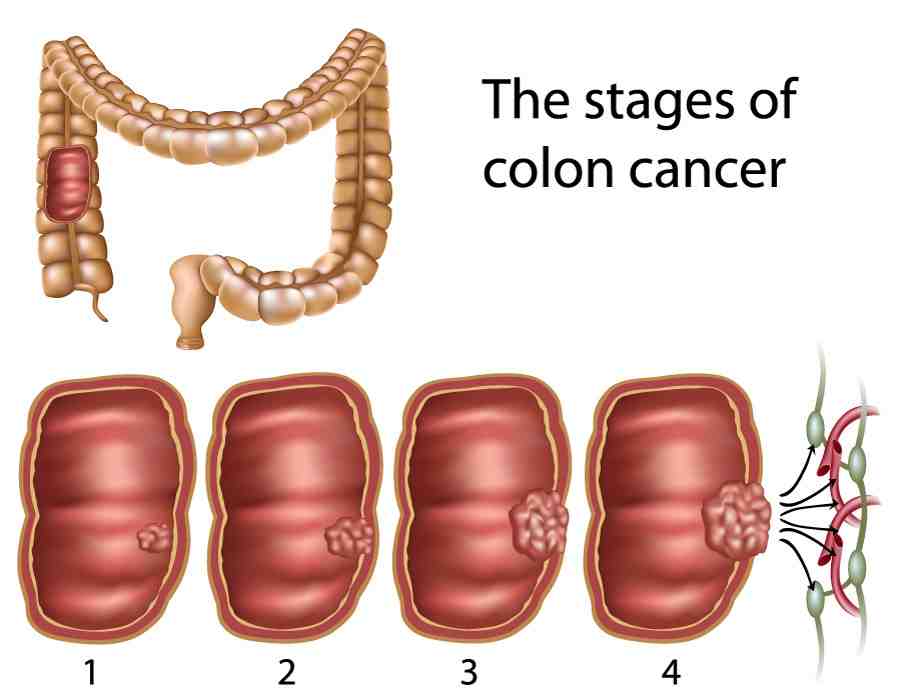
fatty foods, such as fried foods. red meat, such as beef and pork. processed meat, such as bacon, sausage, hot dogs, and cold cuts.
What triggers the polyp? Any condition that causes long-term irritation and swelling (inflammation) in the nasal passages or sinuses, such as infections or allergies, can increase the risk of developing nasal polyps.
Do certain foods cause polyps?
Compared to people whose diets contained the lowest amounts of pro-inflammatory foods, people whose diets contained the highest amounts of pro-inflammatory foods, such as processed meats and red meat, were 56% more likely to have one of these polyps, also called “adenomas,” according to the new study.
What causes polyps in the bowel?
Intestinal polyps are caused by abnormal cell production. The lining of the intestine is constantly being renewed, and a faulty gene can cause the cells of the lining of the intestine to grow more rapidly. There may be a family tendency to develop intestinal polyps or bowel cancer.
What is the main cause of polyps?
A polyp is the result of genetic changes in the cells of the lining of the colon that affect the normal cell life cycle. Many factors can increase the risk or rate of these changes. The factors are related to your diet, lifestyle, older age, gender, and genetics or hereditary problems.
Sources :
